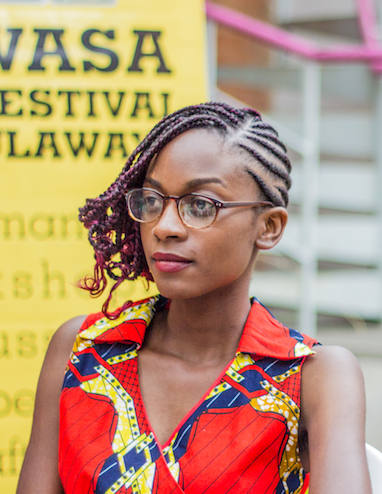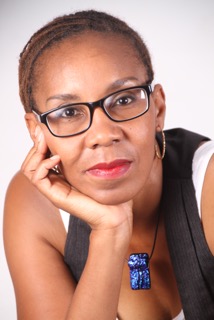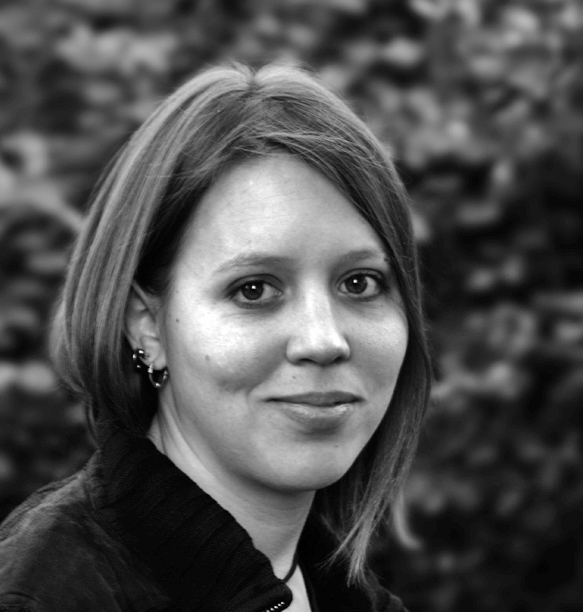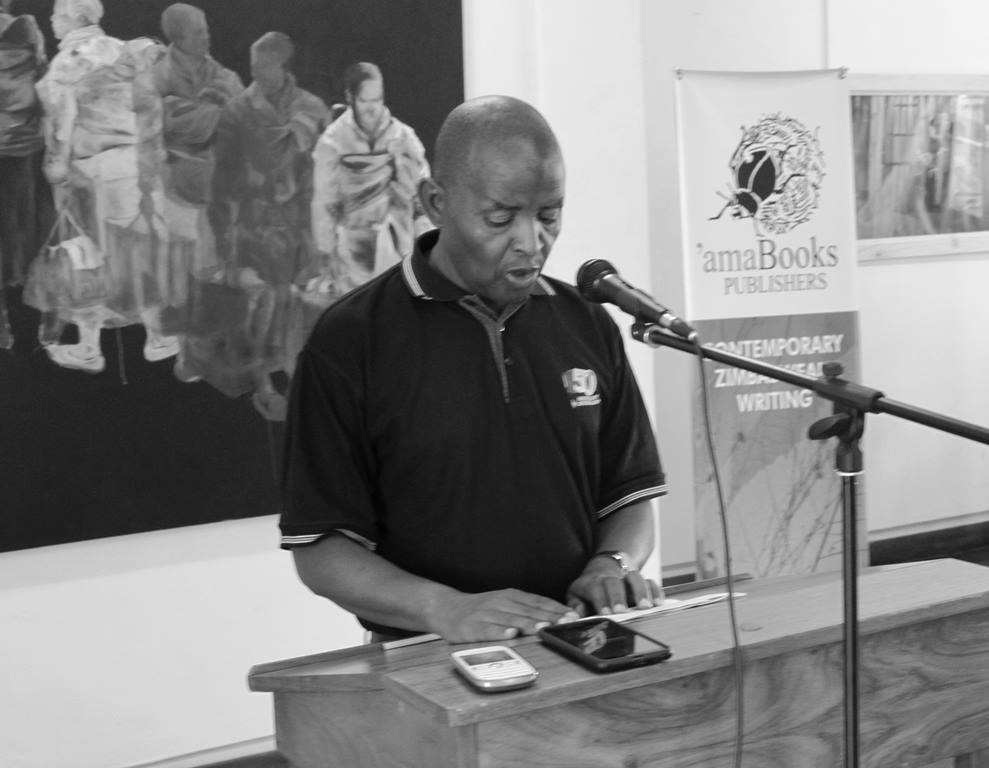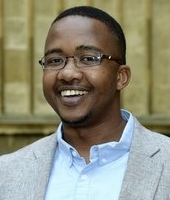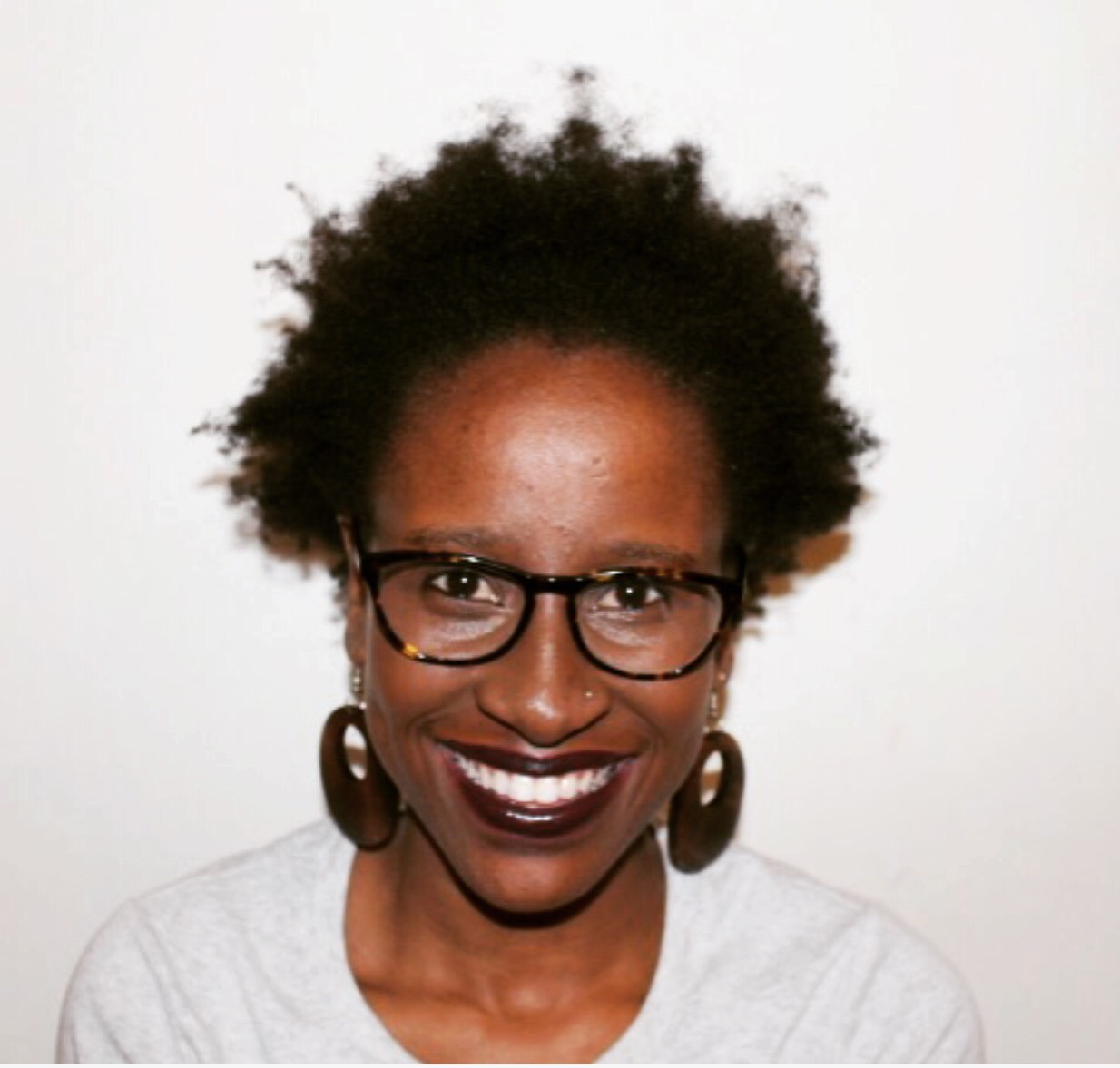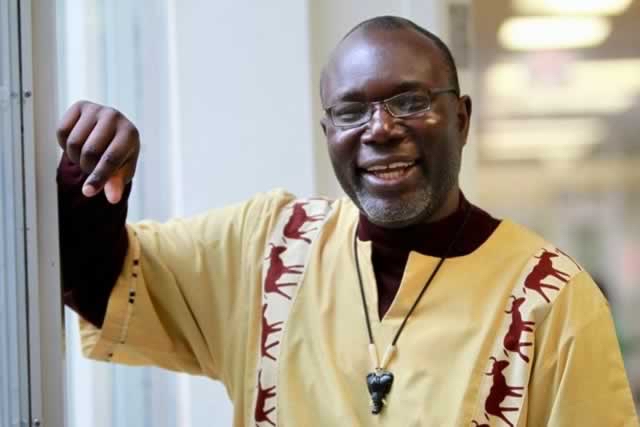Tendai Huchu's The Maestro, The Magistrate & The Mathematician reviewed in The Herald
Tanaka Chidora
Literature Today
https://www.herald.co.zw/three-men-three-stories-one-novel/
 |
| Tendai Huchu |
“The Maestro, The Magistrate and the Mathematician” is a dense novel. It’s that kind of novel whose publication makes you assume that the author has written his last book and would go on an eternal sabbatical.
It’s written in a
way that makes you think that the author wanted to tell many stories at once:
the story of Zimbabwe, the story of Edinburgh, the story of the Magistrate, the
story of the Mathematician, the story of the Maestro, the story of a man trying
to come to terms with all the books he has read and the emptiness of existence.
It is a novel that
mixes soccer and bohemian excesses with very deep philosophies like those of
Deleuze, Lefebvre, Derrida, Walter Benjamin and many other prominent thinkers,
writers, politicians, artists and so on, sometimes without necessarily directly
referring to them.
During the course
of reading it, I had to visit some of the philosophies that the Maestro, one of
Tendai Huchu’s intriguing characters, reflected on. My suspicion is that Huchu
did a lot of research before writing this novel.
The novel is a
story of three men who, throughout the course of the narrative, predominantly
live separate lives.
The author seems
to have no intention of making them meet, but when they finally do, the author
makes sure that the meeting is mentioned in a nonchalant way, as if the author
had not foreseen it, as if the meeting is of no consequence.
 |
| The covers of the Nigerian, German, American and Zimbabwean versions of the book |
I actually liked
this part. I liked the idea of three lives not being forced to be intertwined
for the sake of telling a story. This makes it truer to life and less affected.
I don’t like affectation. I don’t like it when I am watching soccer. I don’t
like it when I am listening to the news. I even look forward to its absence in
prayers and sermons. Lol!
So, we have these
three men living in Edinburgh: one is a former Magistrate who, even though he
is aware of the irony of the continued use of the title after his downward
class traffic to the abject spaces of caregiving, has no qualms with being
addressed as the Magistrate.
He is in a
continuous search for somewhere to firmly plant his feet (physically and
symbolically), an exercise that keeps him wandering, physically and mentally,
along obscure paths of migrant life.
He only finds a
modicum of purpose when he gets involved in the politics of the home he left
behind, but this too is just fallacious.
We also have the
Maestro: an enigma even to himself. His profuse love for books and cryptic
philosophies makes those pages dedicated to him a thesis into the various
philosophies that attempt to explain human life.
These philosophies
are so deep that in the mind of the Maestro they even become more cryptic so
that one day, the Maestro himself burns all the books and curls himself to
sleep.
Then we have my
favourite, Farai, a young man who dabbles in academic life and the bohemian
mental and physical pleasures that it offers, especially when that academic
life involves being a PhD student with research grants pouring into his account
and rich parents back home (anxious about their son who is studying abroad)
sending lots of money to him.
He is a likeable
character, Farai. His presence in this novel allows Huchu to experiment with
social media typography in a narrative of serious literary merit.
Another major
highlight (for me) in the narrative of the Magistrate is that of occupying
physical and symbolic spaces of Edinburgh by invoking the music of the home he
left behind (Chibadura, James Chimombe, etc) and pasting it on the Craigmillar
Rises of Edinburgh.
This demonstrates
a level of creativity that comes when the writer is a reader.
To conquer vast
swathes of space by just connecting rhythm to landscape is one of this novel’s
major selling points.
Here is how the
Magistrate does it: “He got on the bus, switched on his Walkman and caught a
song halfway through. He laughed at the irony of Chimombe singing, ‘Zvikaramba
zvakadaro, ndinotsika mafuta, ndiende Bindura, handina zvinoera.’
“Now this song
would fix his memory to the 14 going past the Craigmillar high rises, which
stood at the edge of the estate, a stone’s throw from Peffermill” (p. 71).
His sense of
landscape does not only require this exercise, but also demands walking:
“Travelling on the bus, he did not feel quite the same intensity traversing the
city as he did while walking. It altered his perception of space at a mental
and physical level.
“On his morning
walks, he felt tiredness in his muscles, the full topographical awareness of
how he was oriented on a gradient, a connectedness not possible at the same
level of consciousness on the bus” (p. 48).
Huchu pulled this
off effortlessly to the effect that I still suspect that he might have studied
such philosophical iterations like those of Lefebvre, De Certeau and Walter
Benjamin before writing this story.
I love reading
narratives by writers who read and the truth is that Huchu is completely on
another level. He reads. He writes.
My friend’s
favourite is Alfonso. Alfonso is everything. He is the man to go to when you
need a job in the UK. He is the man to go to when someone dies and no one knows
what to do with the body.
He is the kind of
man who turns up at your doorstep with a bottle of brandy in his pocket at a
time when you are craving for some brandy. And oh, he is also capable of
getting slain in the spirit and rattling of in that cryptic language of divine
fervour right there in front of his drinking buddies whose wives can testify
that Deacon Alfonso is a man of God. Lol!
I had read (and
enjoyed) “The Hairdresser of Harare” before reading this 2014 offering. But the
narrative strength and depth of “The Maestro, The Magistrate and the
Mathematician” came as a surprise.
This one is a
completely different narrative and the way it was handled demonstrates Huchu’s
versatility.






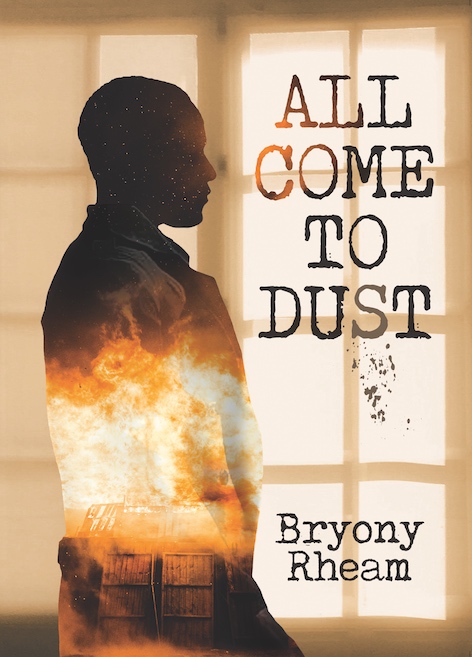
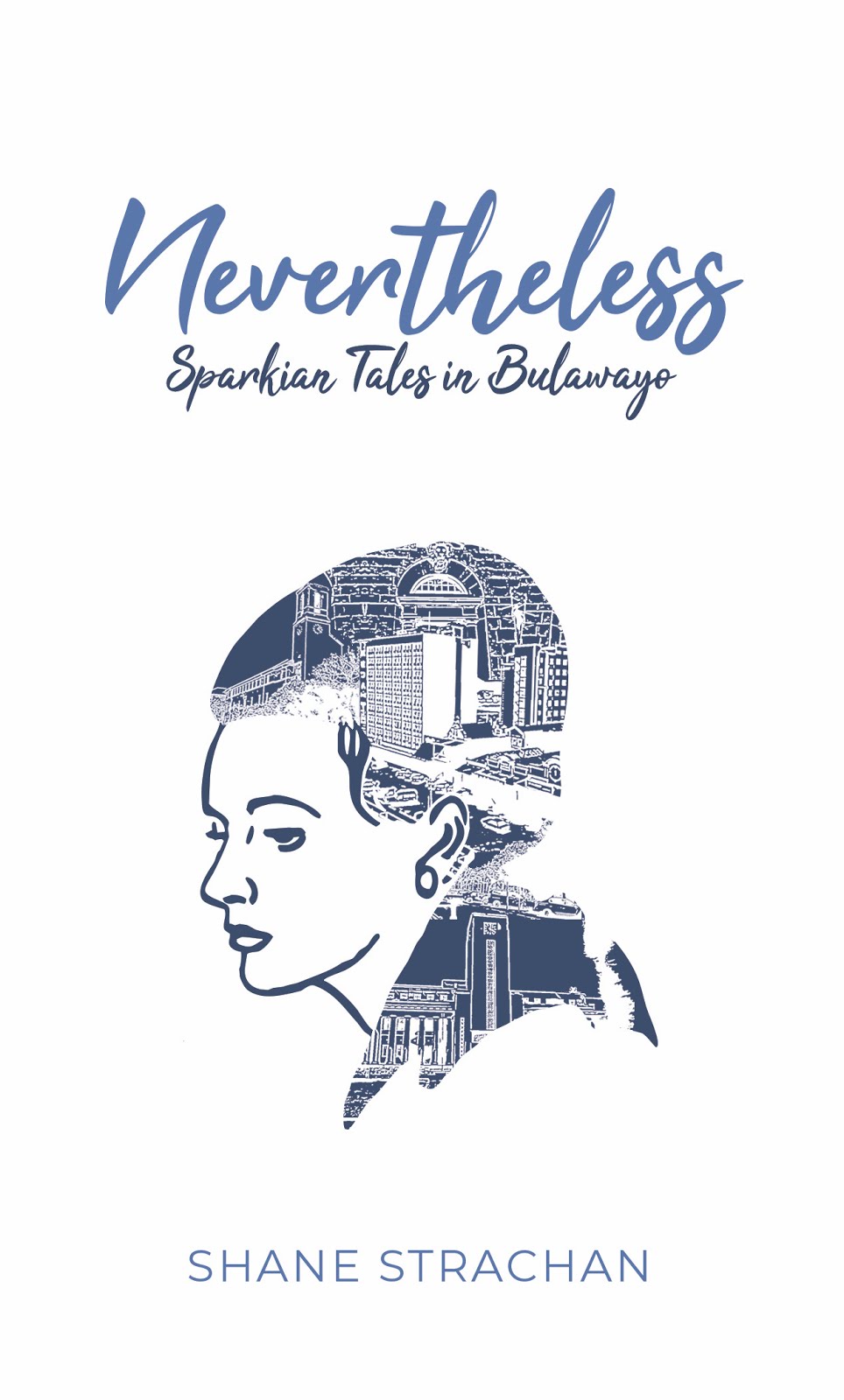





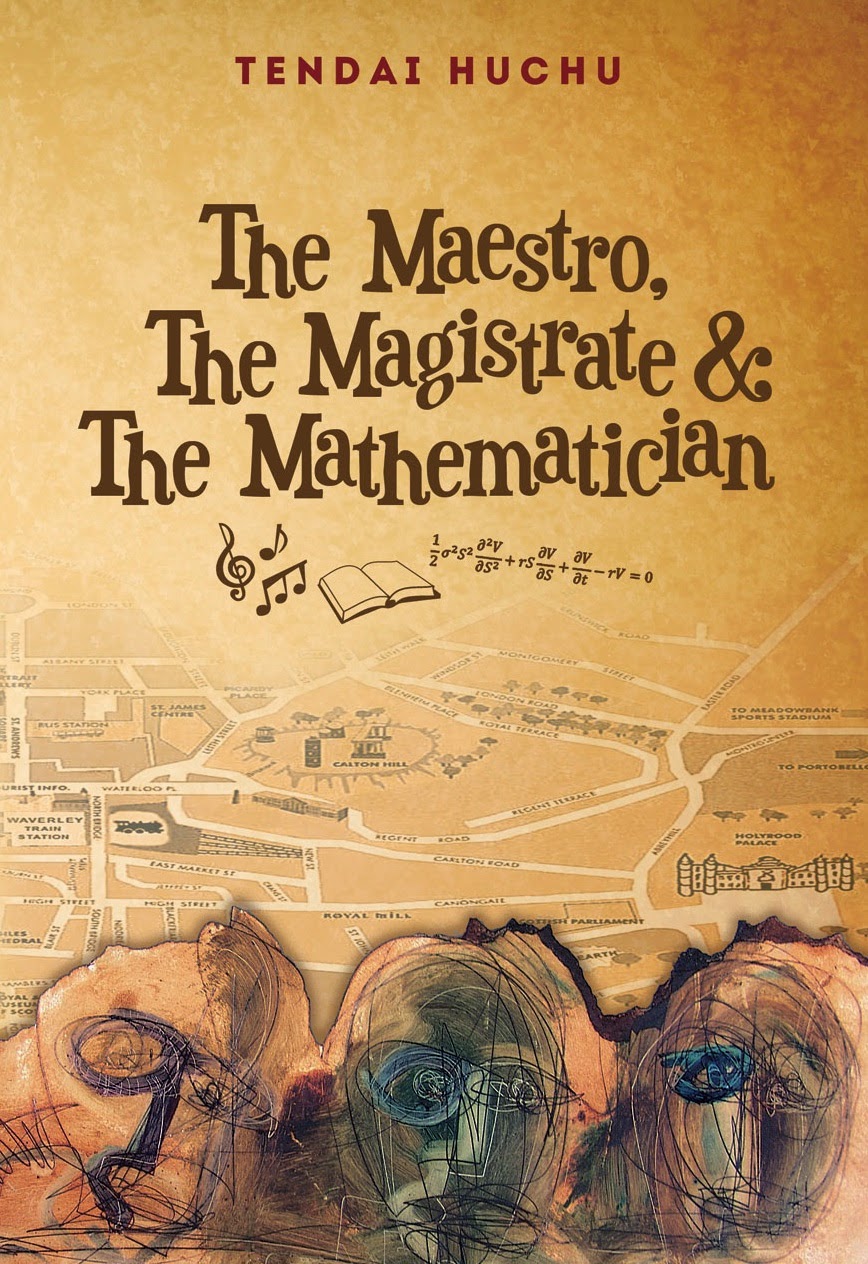
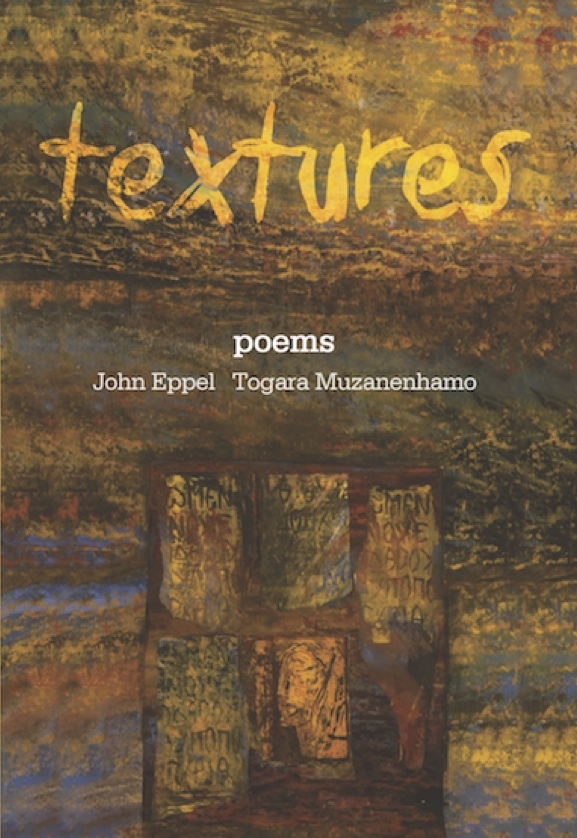
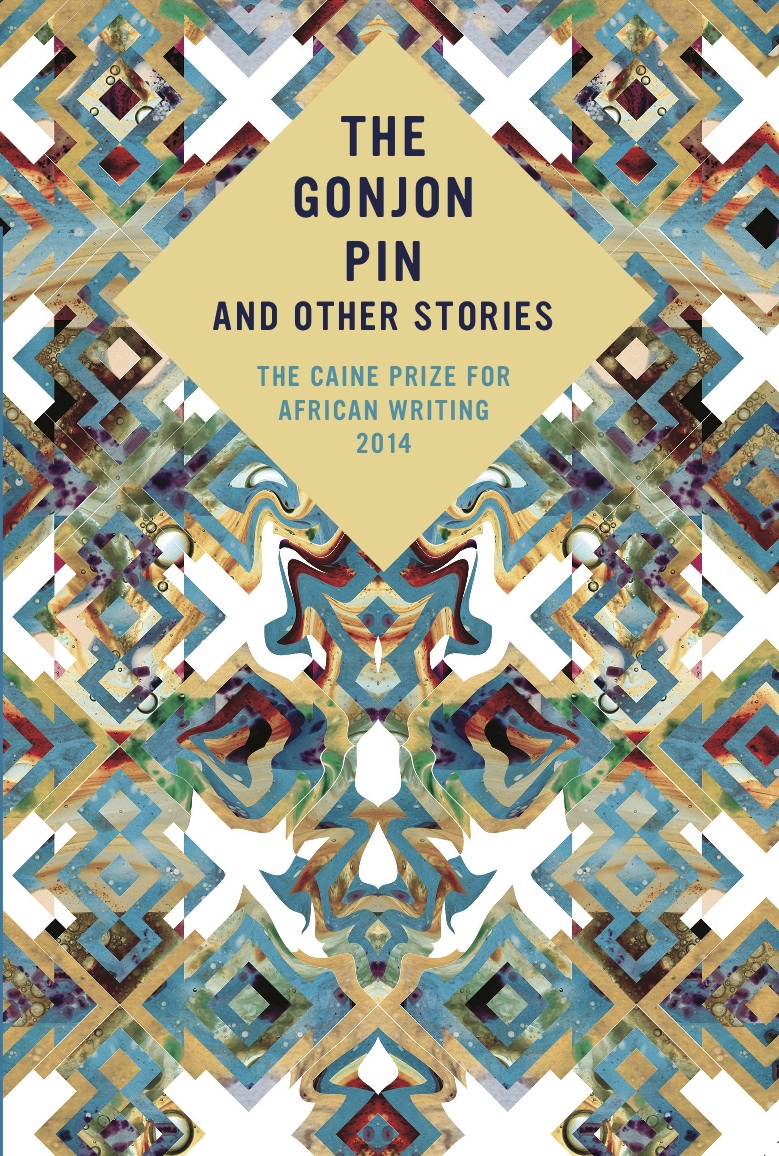
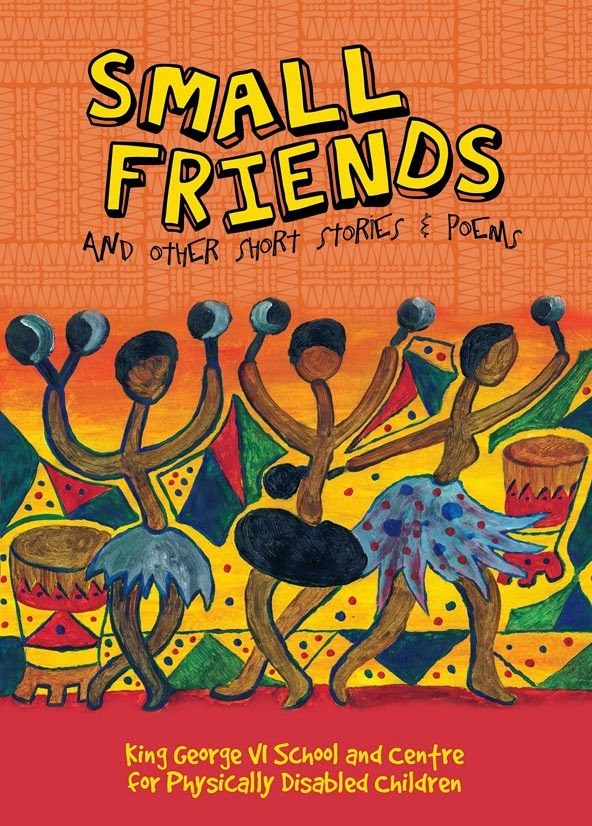
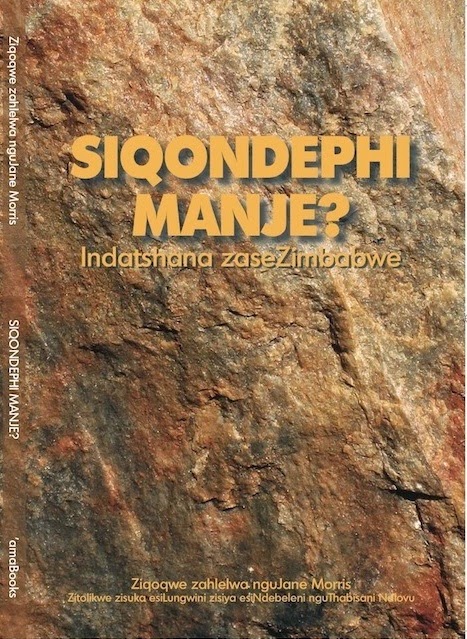
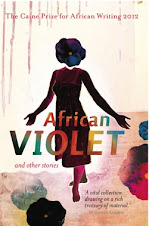

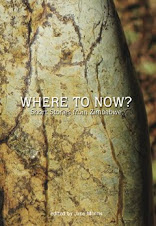
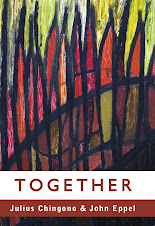
.jpg)

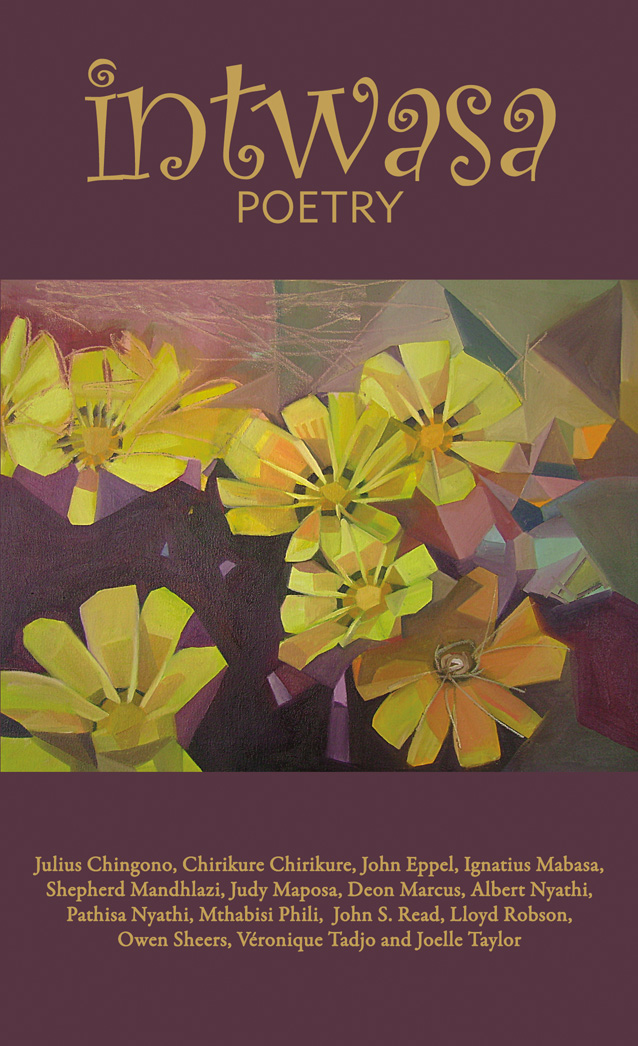


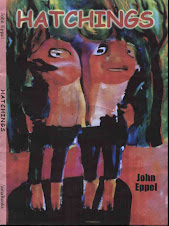













.jpg)

